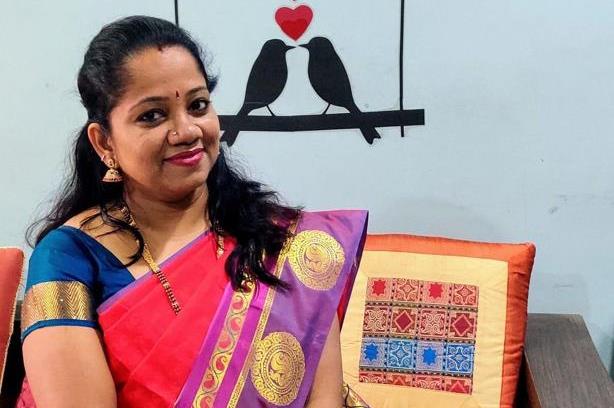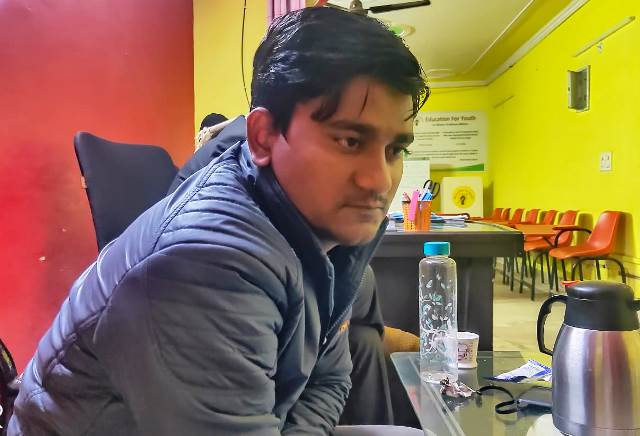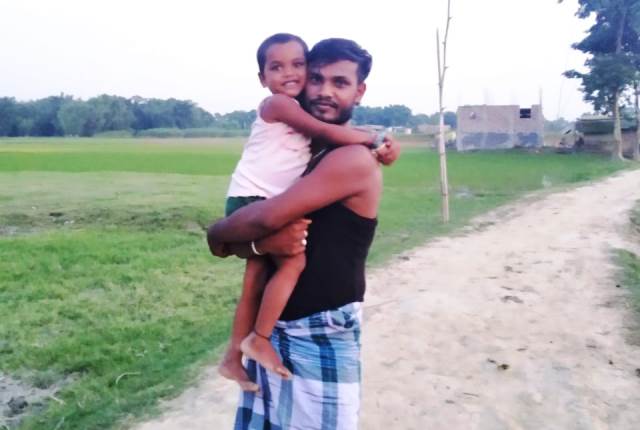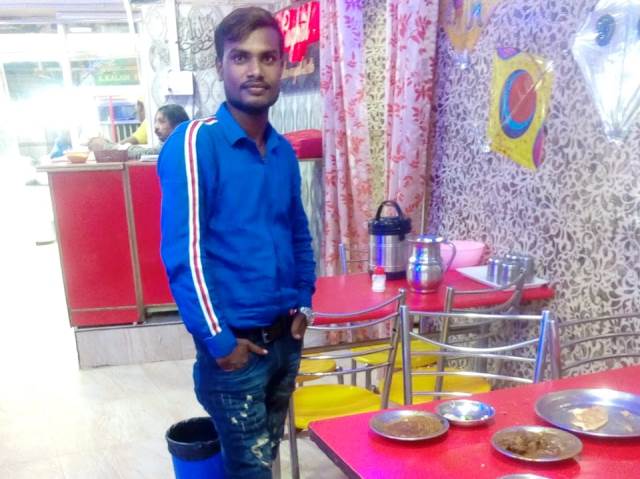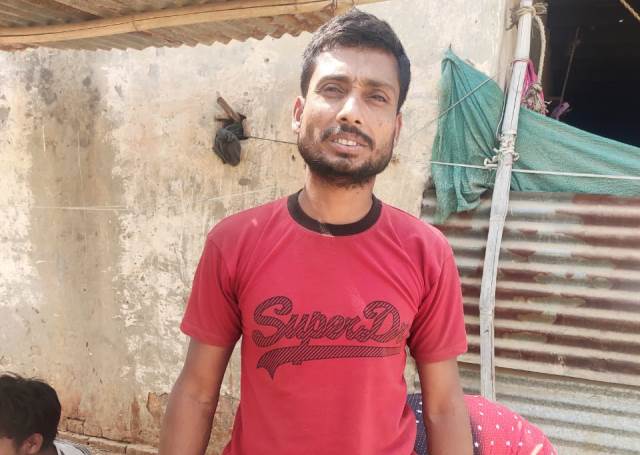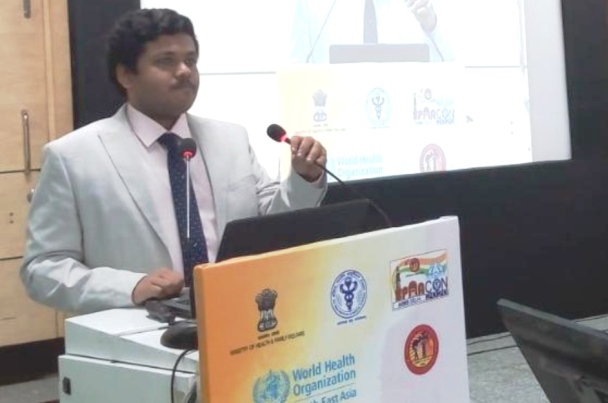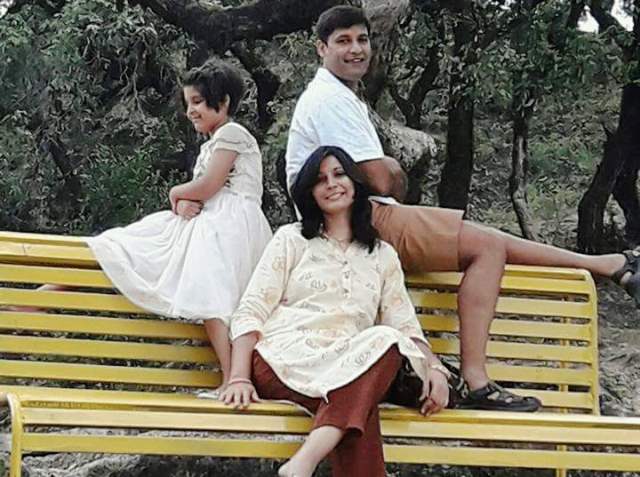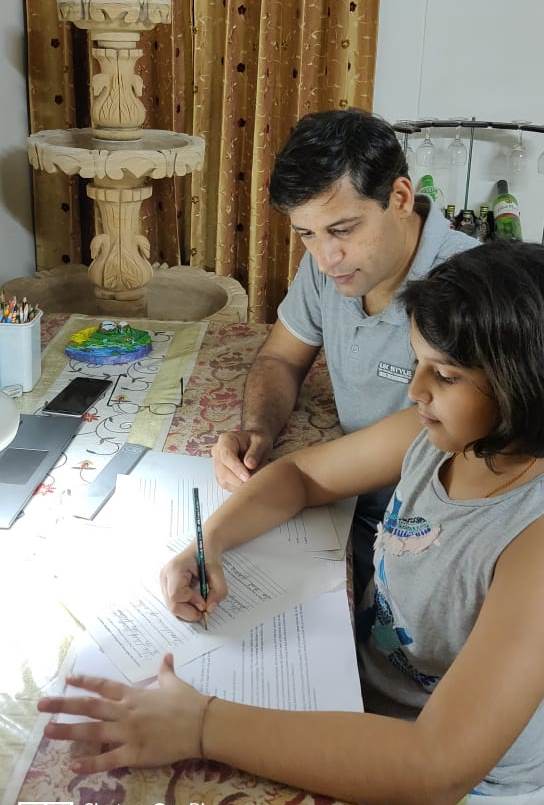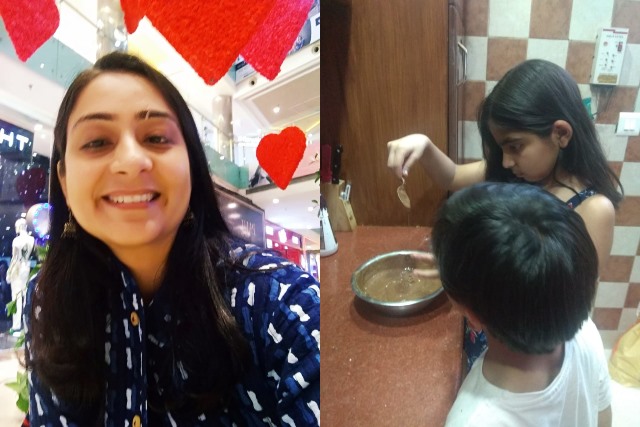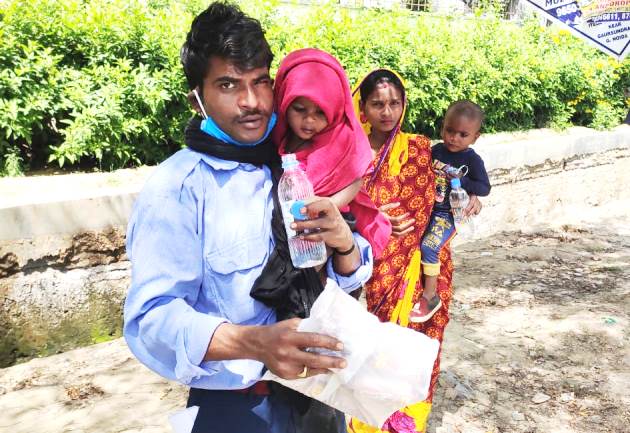Satya Priya Shankar, 39, a Mumbai-based school teacher, says Govt must be mindful of the long-term implications of the pandemic which deepened the poverty pit
The covid-19 pandemic has been the first of its kind of health calamity the world witnessed in the 21st century. The cyclical slowdown that set in the Indian economy before the outbreak of the pandemic got intensified on the back of cliff effects and setbacks generated by the pandemic.
It is obvious that the pandemic has had a deep, searing impact on the Indian economy, in terms of both total monetary activity and livelihoods. The financial well-being of the masses had been struggling for several years before then too, with falling investment and employment. Covid gave it a fatal push, raising inequalities and challenging health and nutrition. We are constantly hearing that contagion is not over yet and the next wave is expected very soon. This news is giving us jitters, as we have to start saving a certain amount of our earnings to deal with lockdowns and pay cuts.
For the migrant working class in the informal sector, the loss of livelihood and the inability to meet the basic necessities of everyday living, such as housing and food, were the major concerns. Consequently, waves of workers and their families were forced into long treks to their faraway homes along roads and railway tracks crisscrossing the country. The middle class like us, in contrast, remained cloistered in their homes, with their health risk perceptions and economic insecurities.
ALSO READ: ‘I Lost My Partner To Covid, And I Blame Govt For It’
There is a section of the middle class that comprises shopkeepers, small transporters, catering, hospitality, entertainment; lawyers, self-employed professionals, teachers in private schools & colleges, running coaching centers, etc. Two waves of the virus have left this section as vulnerable as it experienced great financial stress due to restrictions and lockdowns.
It was this section that bore the brunt of the two coronavirus waves the most. With lockdowns and closures, their earnings completely dried up, and the expenses in the form of the family running cost, ongoing EMI, home and personal loans, fees of school and college-going children, rent, electricity bills, etc kept on piling on top of that we faced salary deductions too in the name of COVID. As a result, apart from financial stress, we had mental as well as physical stress too. We slogged for years to graduate from the lower to the middle class but these two waves of coronavirus pushed one-third of us back to the lower class with earnings of less than ₹700 per day.
The growing inequalities can create more consumption by the super-rich, but that will not be enough to dig the economy out of its current hole. A government in denial of this obvious fact can only make things worse.
In a nutshell, the government needs to take cognizance of this vulnerable section of the middle class which is meek, has no voice, is helpless, and lives under tremendous stress. They are prepared to do anything to fill their belly even after acquiring degrees like MBA, LLB, B.tech, B.Ed, etc. It will be most befitting if some attention is paid to this class too.
As told to Deepti Sharma
Read more: https://lokmarg.com/
